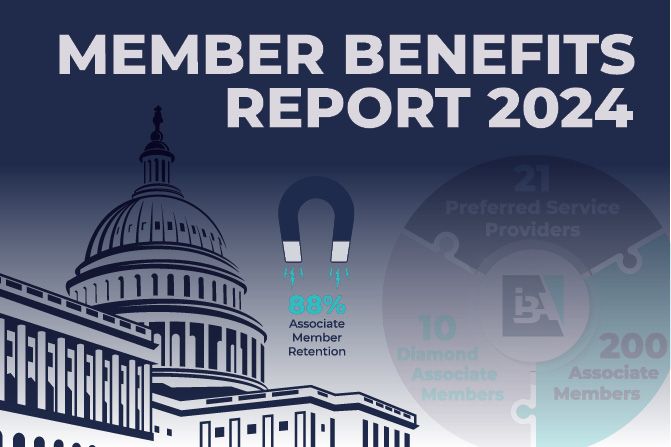Taking It Easy
Kerry E. Neff, chairman and CEO of Boonville Federal Savings Bank, retired from his duties as CEO effective April 1. He had been with the bank since 1992 and spent 50 years in banking overall. Outside the bank, Neff volunteered with numerous municipal and religious boards, including Gideons International. He is a member of the […]










